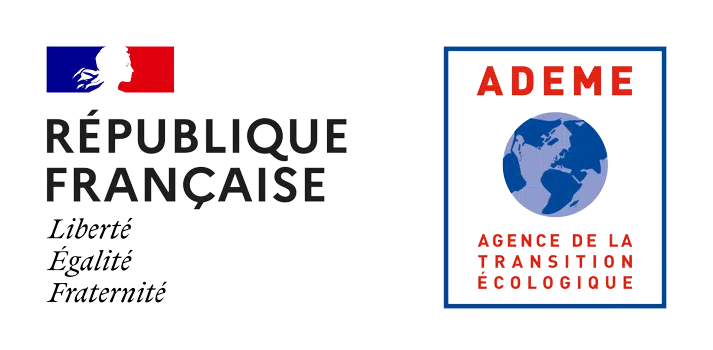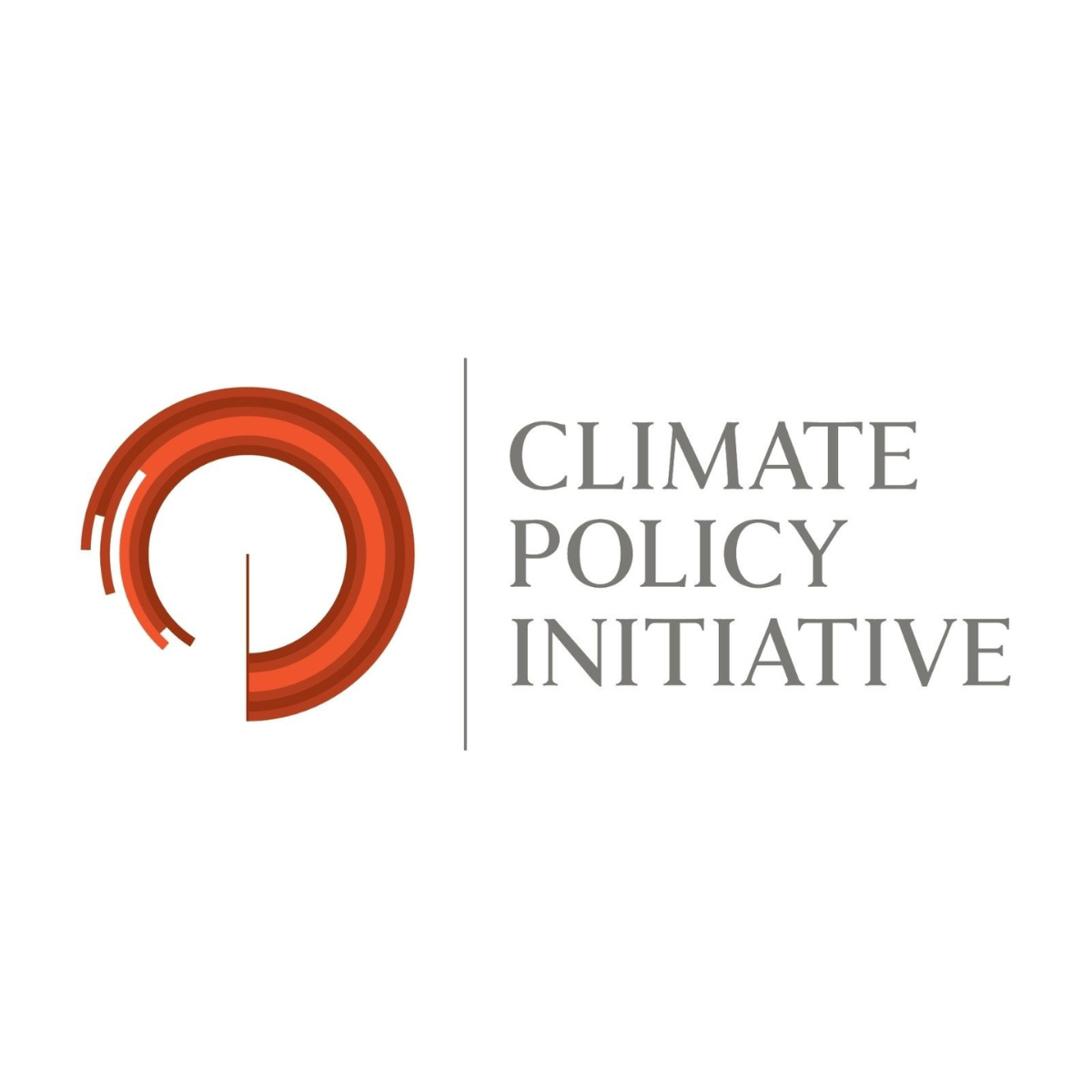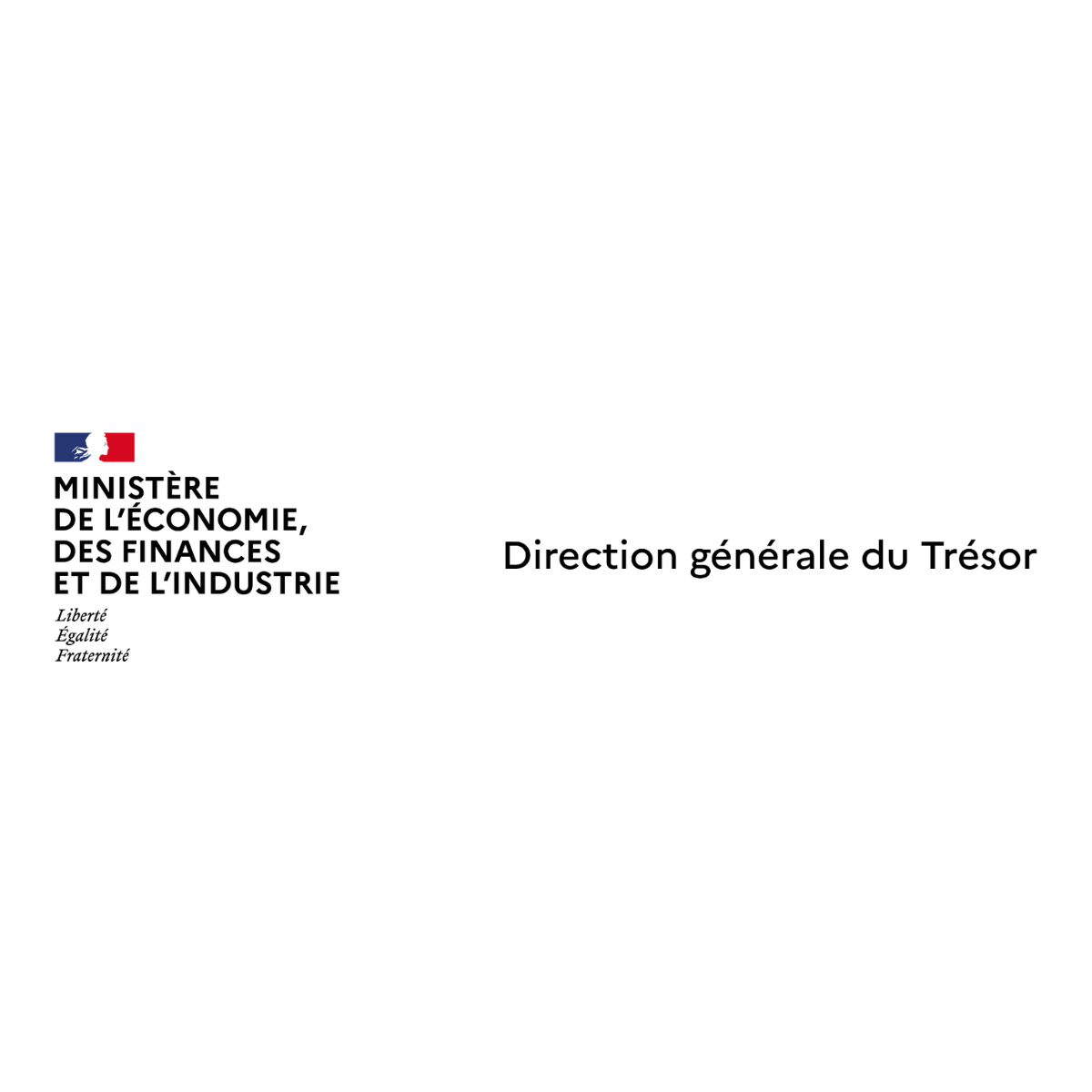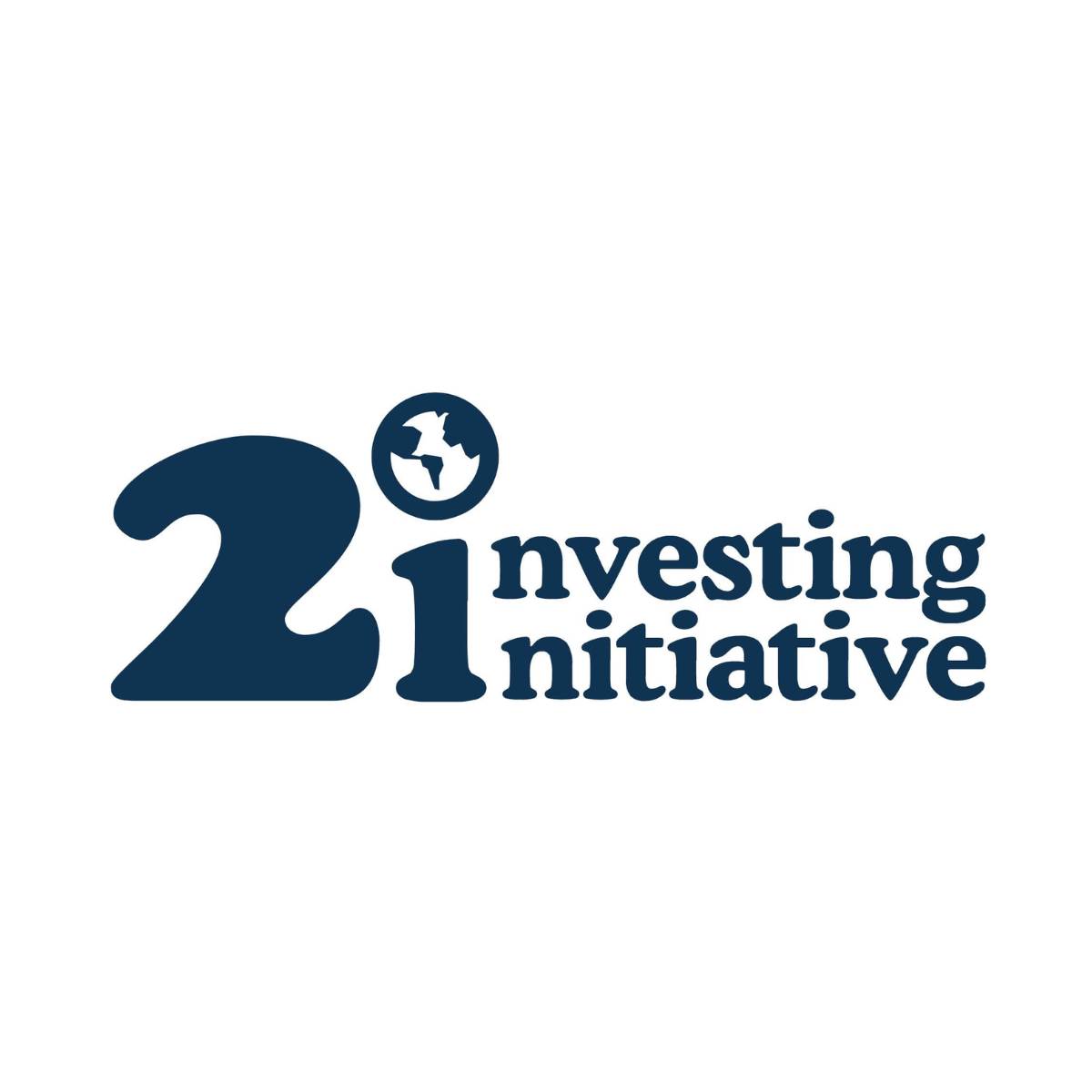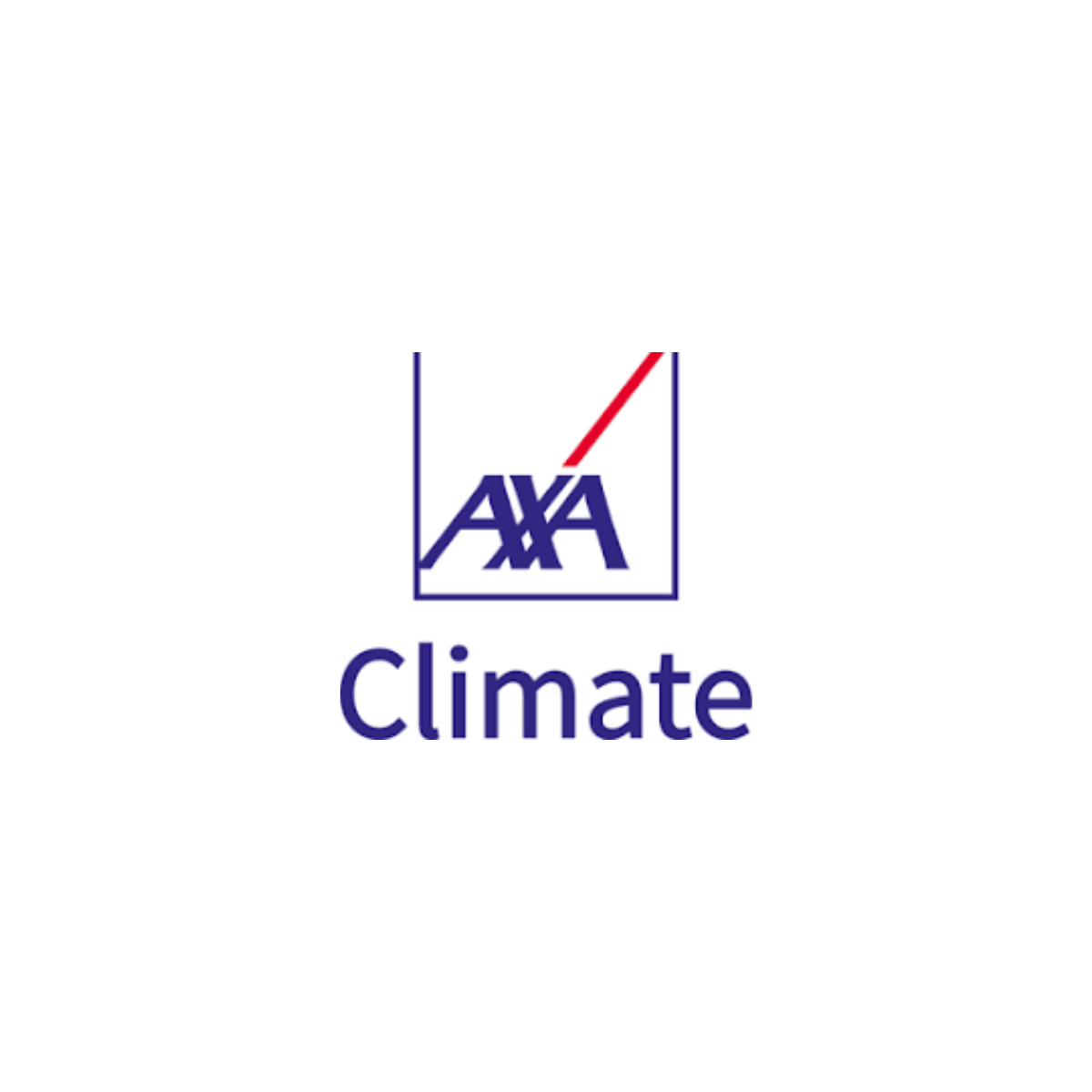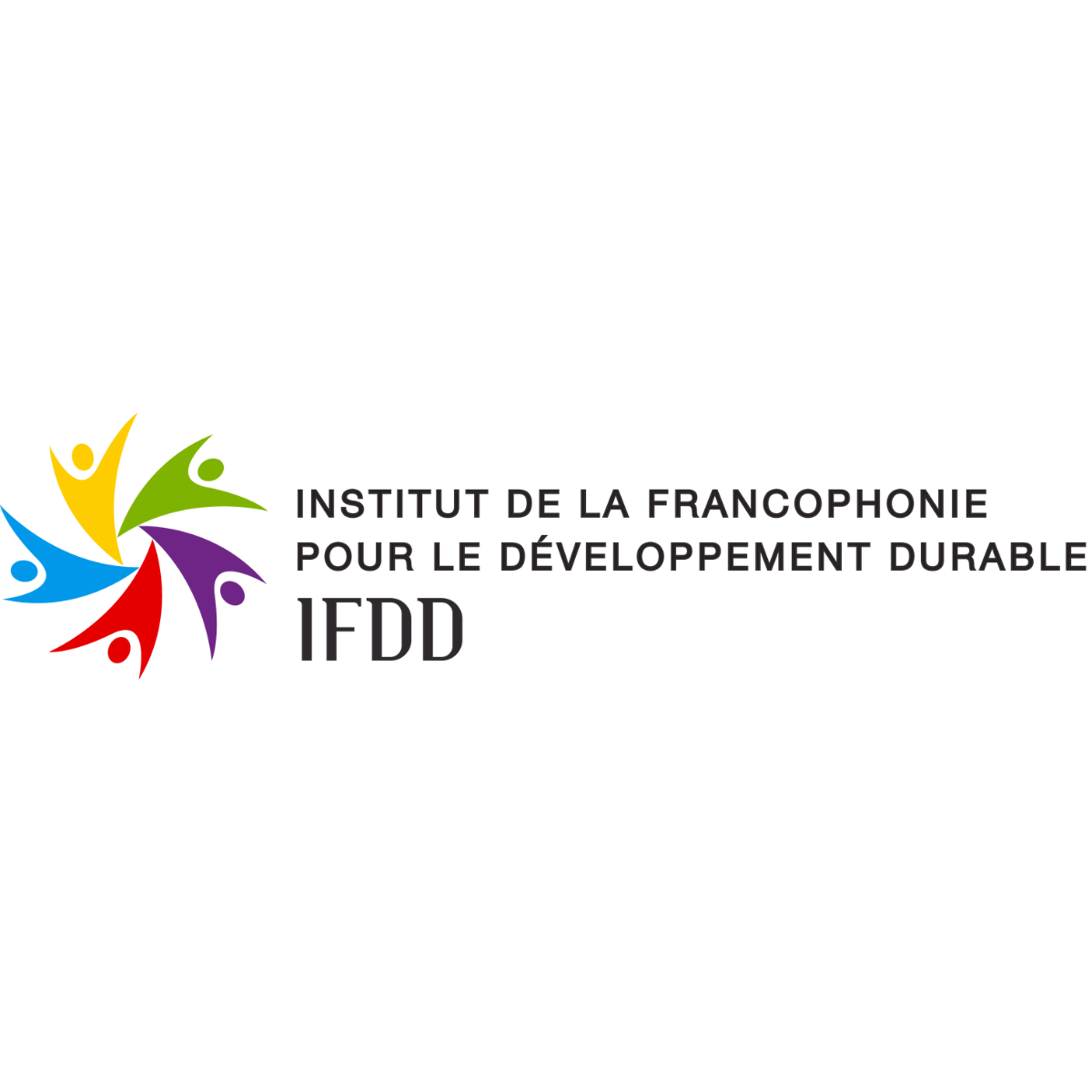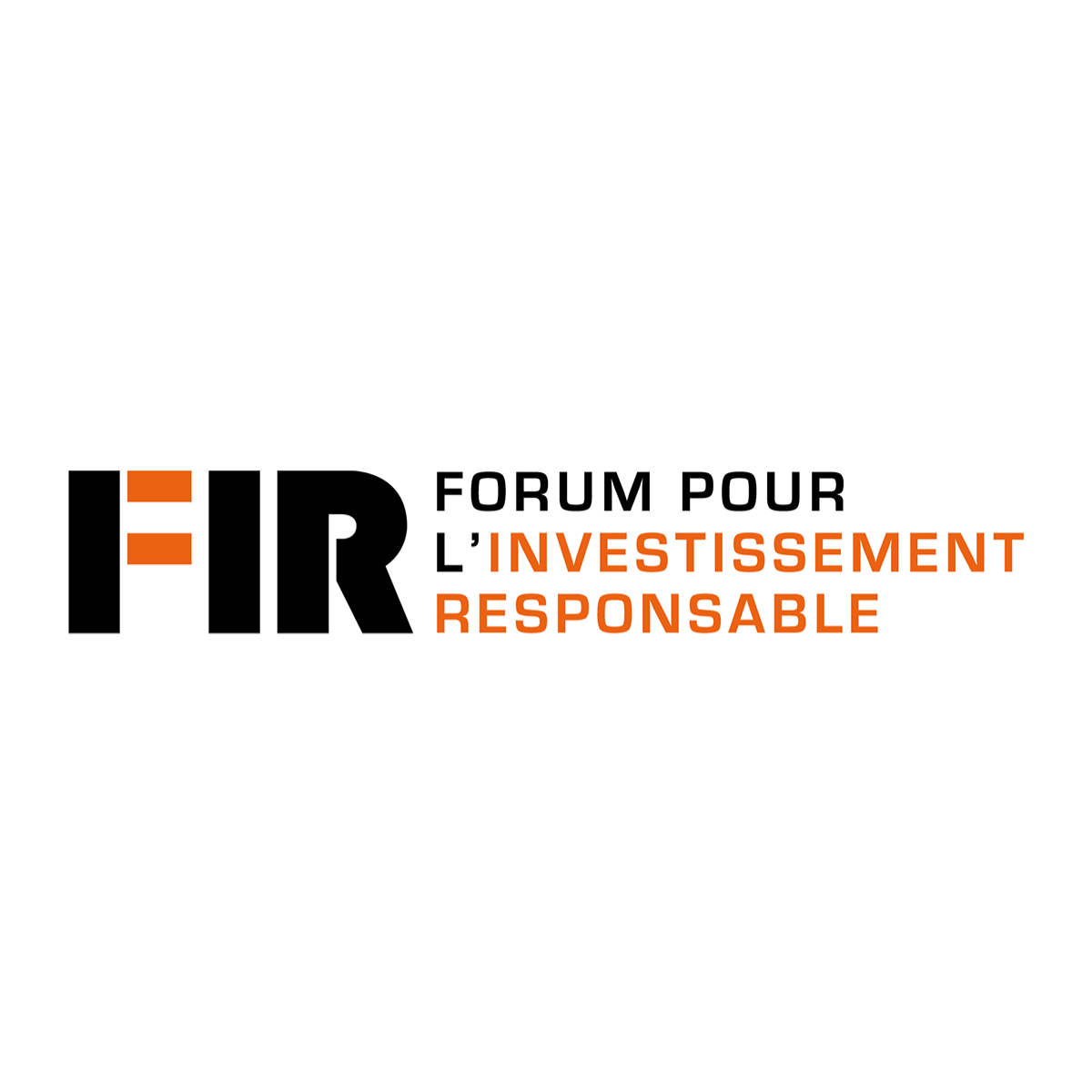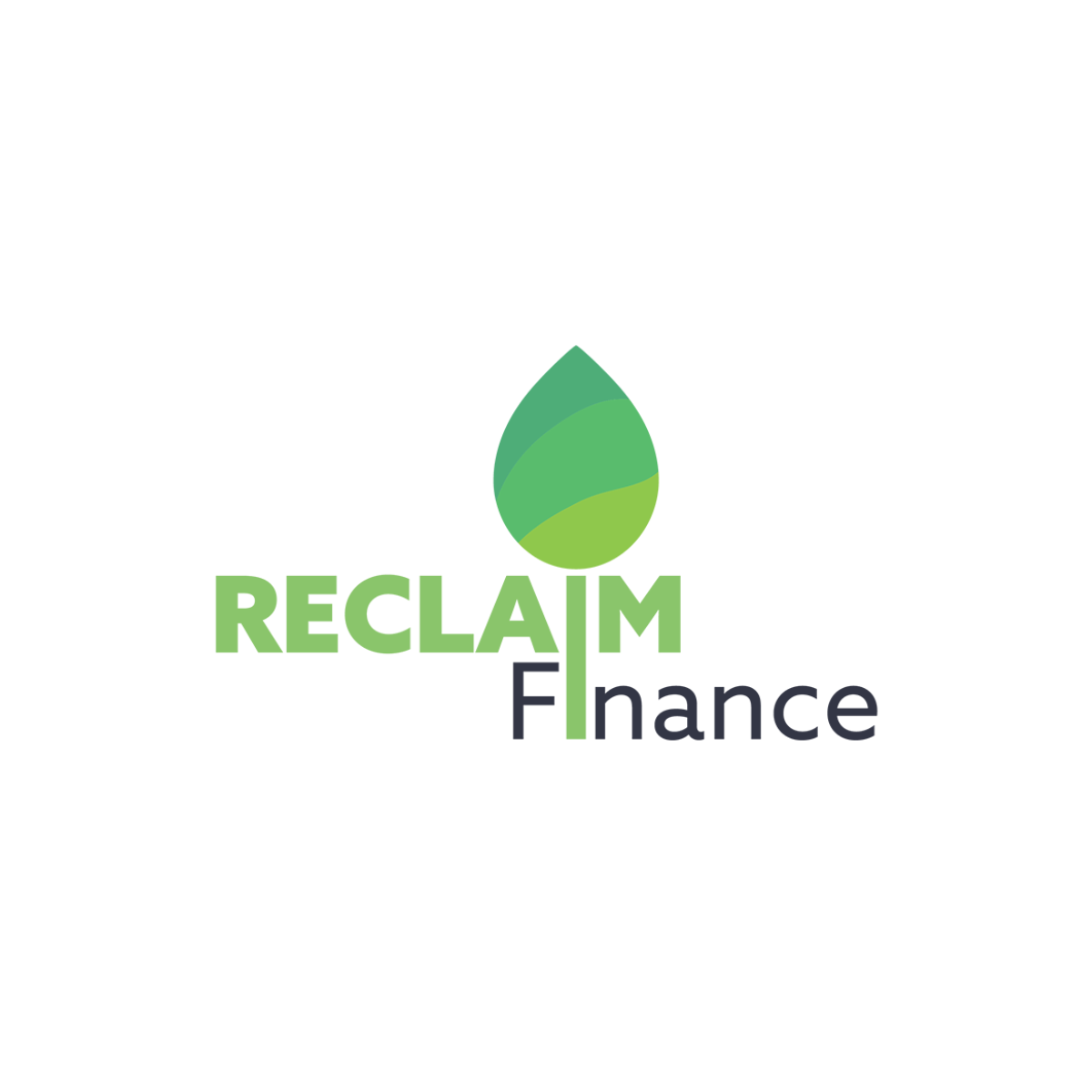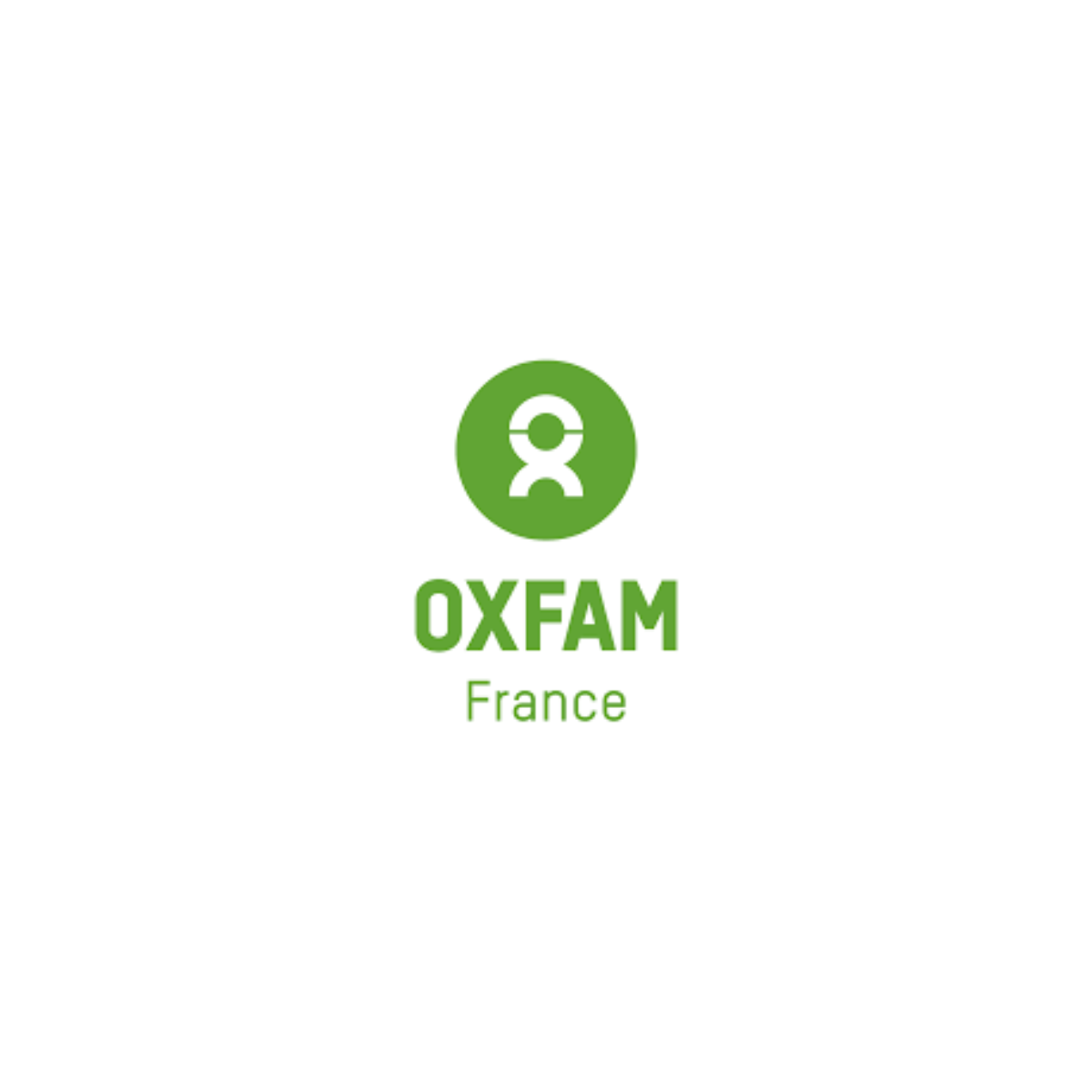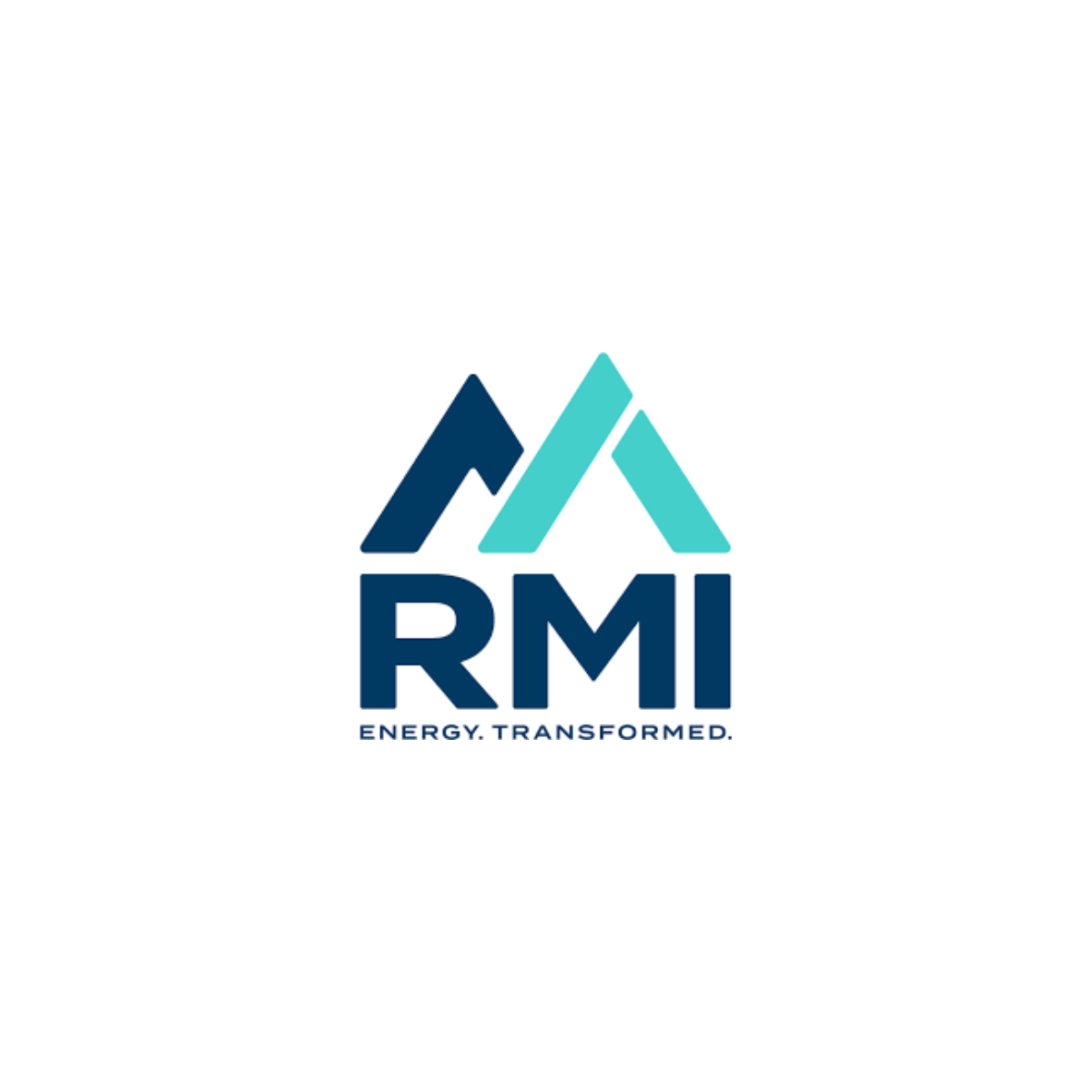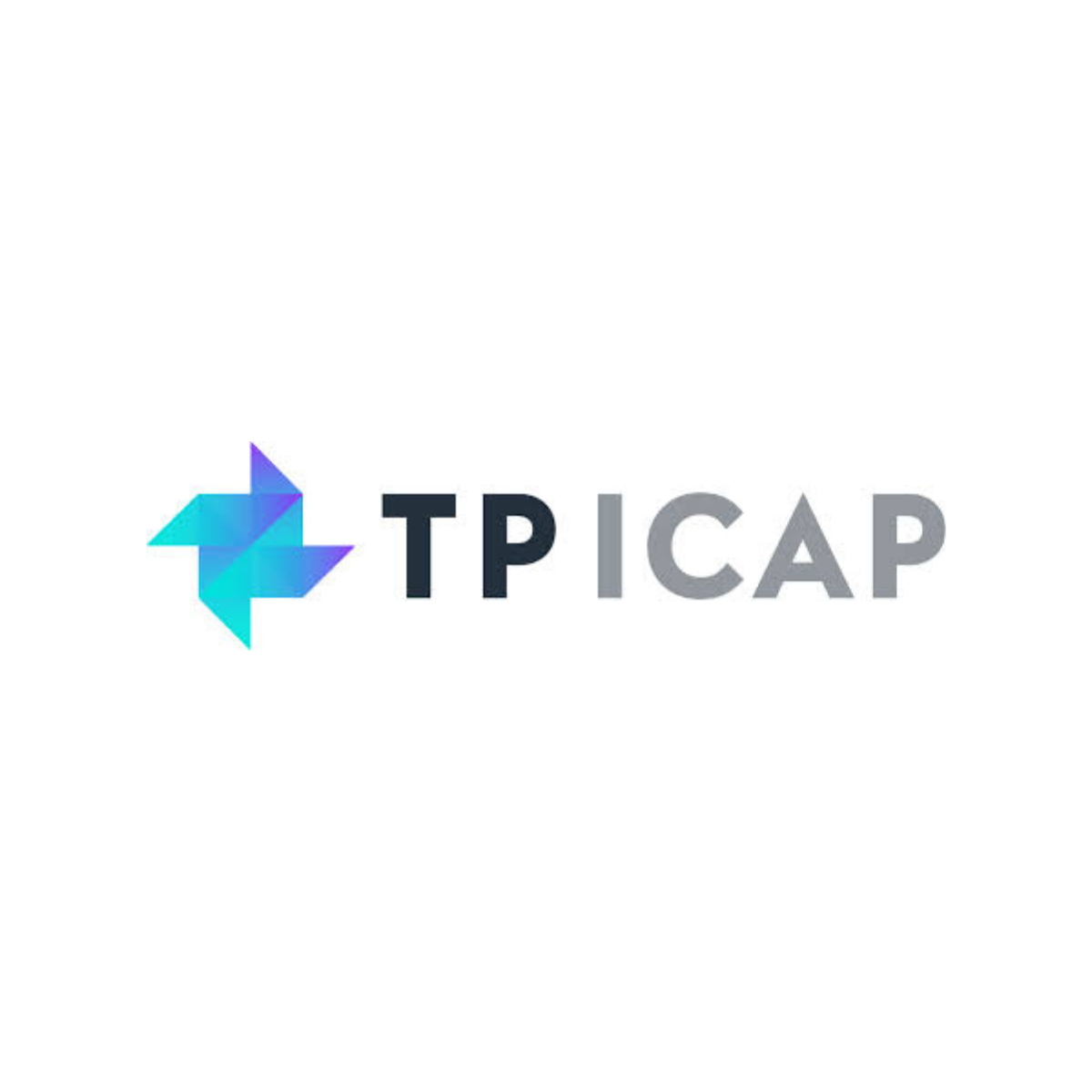The Observatory's data
Net-Zero Donut
The Net-Zero Donut is a visual and holistic monitoring tool for financial players who are members of the Net-Zero Alliances. These alliances were created following COP-26 in Glasgow in 2021. The Observatory has taken up and completed the transition plan framework proposed by the alliances to analyse the alignment of players with the carbon neutrality objectives.
Monitoring the ESG commitments of financial players
A unique database of over 350 French companies that have made voluntary commitments to the climate and to the sustainable management of their portfolios. Find out how the commitments are monitored and how they can be deciphered in the reading grids.
Analysis of sustainability regulatory data
The Observatory opens up a new field of analysis using data contained in the regulatory reports of financial institutions: "29 LEC reports" of French players and Pillar 3 ESG reports of European banks.
The observatory in figures
207
SUSTAINABILITY INDICATORS13
MEMBERS OF THE SCIENTIFIC COMITTEEWhy a Sustainable Finance Observatory?
Is the financial sector contributing to the transition to a sustainable economy, compatible with the Paris Agreement?
The Observatory is a transparency initiative launched at Climate Finance Day 2019 to answer this question. It is part of the Finance ClimAct project funded by the European Union. Its founding members are ADEME and the Fondation du Risque of the Institut Louis Bachelier.
The Observatory's members
They take part in the Observatory's governance and works:
The Observatory's threefold governance
The Observatory is hosted by the (Paris Agreement Research Commons (PARC) foundation of the Institut Louis Bachelier. It is governed by three bodies
1. The PARC Strategic Orientation Committee
2. The Observatory's Scientific and Expertise Committee
3. The Political Committee made up of members of the Observatory
A scientific and expert committee
The Scientific and Expertise Committee (SEC) of PARC foundation ensures that the Observatory's publications are methodologically rigorous. It has a say in methodologies, is involved in all new studies and makes recommendations.
Read moreBecome a member of the Observatory
Support the Observatory's transparency project and join a community of players committed to transforming the financial sector. Becoming a member of the Observatory is free. The Observatory is independent and does not represent its members. The call for membership will soon open.
Read more

